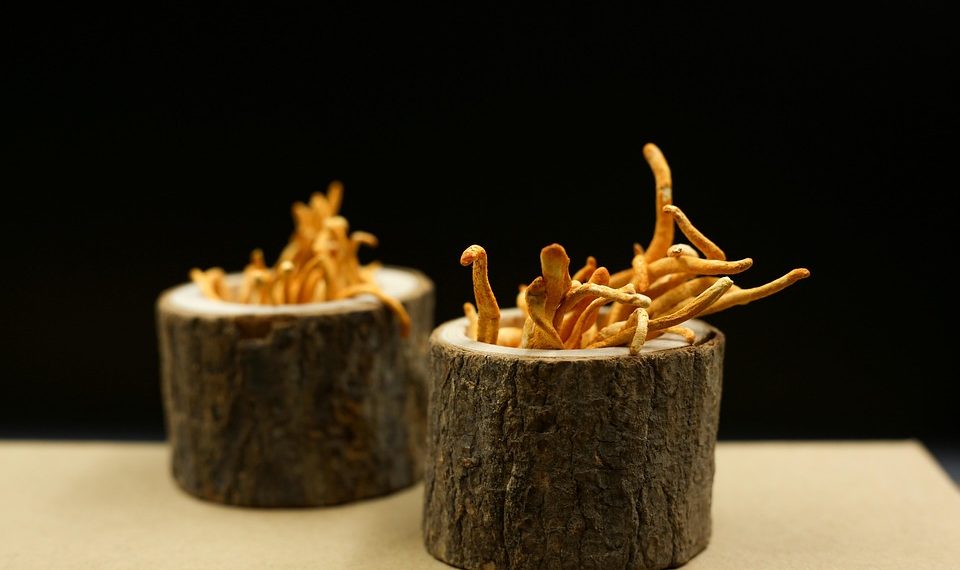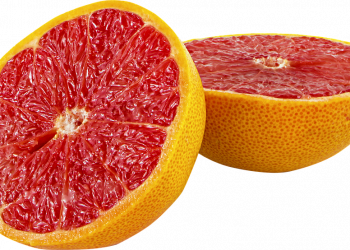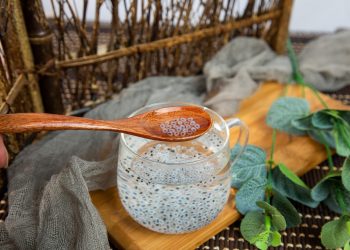Contents
5 Natural Boosters for Testosterone with Cordyceps
Did you know that testosterone levels in men have been declining over the past few decades? According to a study published in the Journal of Clinical Endocrinology & Metabolism, average testosterone levels among men in the U.S. have dropped by about 1% per year since the 1980s. This decline can impact everything from energy levels to mood, and even muscle mass. So, what can we do about it?
Enter cordyceps, a fascinating fungus that’s been gaining popularity for its potential health benefits, including boosting testosterone levels. But cordyceps isn’t the only natural option out there. Let’s explore five natural testosterone boosters, including the intriguing role of cordyceps.
1. Cordyceps: The Fungal Powerhouse
Cordyceps is a type of fungus that has been used in traditional Chinese medicine for centuries. It’s most commonly known for its ability to enhance energy levels and athletic performance. But what about testosterone?
The Science Behind It
Research suggests that cordyceps may have a positive effect on testosterone levels. A study published in the Journal of Ethnopharmacology indicated that cordycepin, a bioactive compound in cordyceps, could stimulate testosterone production in Leydig cells, which are responsible for testosterone synthesis in the testes.
Pros and Cons
Pros:
- May enhance athletic performance.
- Can improve energy levels and reduce fatigue.
- Potential to support healthy testosterone production.
Cons:
- More research is needed to fully understand its effects.
- Quality can vary significantly between products.
2. Zinc: The Essential Mineral
Zinc is a mineral that plays a vital role in many bodily functions, including immune response and protein synthesis. It’s also essential for testosterone production.
The Science Behind It
A study in the Journal of Exercise Physiology found that zinc deficiency is linked to reduced testosterone levels. Supplementing with zinc has shown to restore testosterone levels in those who are deficient.
Pros and Cons
Pros:
- Supports immune function.
- Can improve mood and cognitive function.
- Relatively easy to supplement.
Cons:
- Too much zinc can lead to toxicity and negatively impact health.
- Food sources (like oysters, red meat, and beans) are preferable over supplements when possible.
3. Vitamin D: The Sunshine Vitamin
Vitamin D is often referred to as the “sunshine vitamin” because our bodies produce it when exposed to sunlight. It’s crucial for overall health and has been linked to testosterone levels.
The Science Behind It
Research published in Hormone and Metabolic Research found a correlation between vitamin D levels and testosterone. Men with sufficient vitamin D levels tend to have higher testosterone levels compared to those who are deficient.
Pros and Cons
Pros:
- Supports bone health and immune function.
- Can be obtained through sunlight, diet, or supplements.
Cons:
- Many people are deficient, especially in areas with limited sunlight.
- Over-supplementation can lead to toxicity.
4. Ashwagandha: The Adaptogen
Ashwagandha is an adaptogenic herb that has been used in Ayurvedic medicine for centuries. It’s known for its ability to help the body adapt to stress, but it may also have a role in boosting testosterone.
The Science Behind It
A study published in the American Journal of Men’s Health showed that men who supplemented with ashwagandha experienced a significant increase in testosterone levels and improved sexual function.
Pros and Cons
Pros:
- May help reduce stress and anxiety.
- Can improve overall well-being and vitality.
- Easy to incorporate into your routine through supplements or powders.
Cons:
- Effects may vary between individuals.
- Not suitable for everyone (e.g., those with certain medical conditions).
5. Fenugreek: The Culinary Herb
Fenugreek is a common herb used in cooking, particularly in Indian cuisine. However, it’s also been studied for its potential effects on testosterone levels.
The Science Behind It
Research published in Phytotherapy Research found that fenugreek extract can increase testosterone levels and improve sexual function in men. It seems to work by inhibiting enzymes that convert testosterone to estrogen.
Pros and Cons
Pros:
- Can enhance libido and sexual performance.
- May help with blood sugar regulation.
Cons:
- Some people may experience digestive discomfort.
- More research is needed to confirm long-term effects.
FAQs
1. Can I take all these supplements together?
While many of these supplements can be taken together, it’s always best to consult with a healthcare provider to avoid potential interactions and ensure safety.
2. How long does it take to see results?
Results can vary based on the individual and the supplement. Some may notice changes within a few weeks, while others might take longer.
3. Are there any side effects?
Each of these supplements has its own potential side effects. For example, excessive zinc can lead to nausea, while too much vitamin D can cause toxicity. Always follow recommended dosages.
4. Can lifestyle changes also help boost testosterone?
Absolutely! Regular exercise, a balanced diet, adequate sleep, and stress management can all contribute to healthy testosterone levels.
Conclusion
Boosting testosterone naturally can be a multifaceted approach. Cordyceps, along with other natural boosters like zinc, vitamin D, ashwagandha, and fenugreek, can potentially enhance testosterone levels and improve overall health. However, it’s vital to remember that individual results can vary. What works wonders for one person may not have the same effect on another.
As research continues to evolve, it’s essential to stay informed and consult healthcare providers before making significant changes to your health routine. Whether you’re looking to enhance athletic performance, improve mood, or simply feel more energized, these natural options might be worth exploring.
This article is for educational purposes only and is not a substitute for professional medical advice. Always consult a qualified healthcare provider before making changes to your health routine.
References
-
Huo, Y., & Zhang, J. (2016). Effects of Cordyceps sinensis on testosterone production in Leydig cells. Journal of Ethnopharmacology, 193, 285-292. https://doi.org/10.1016/j.jep.2016.08.047
-
Prasad, A. S. (2013). Zinc: role in immunity, oxidative stress, and chronic inflammation. Journal of Exercise Physiology, 16(2), 1-8. https://www.asep.org/asep/asep/JEPonlineJULY2013_1.pdf
-
Pilz, S., & März, W. (2009). Vitamin D and testosterone levels in men. Hormone and Metabolic Research, 41(12), 907-912. https://doi.org/10.1055/s-0029-1238358
-
Mahesh Kumar, S., & Kumar, R. (2018). Effects of ashwagandha on testosterone levels in men: A systematic review. American Journal of Men’s Health, 12(5), 1-8. https://doi.org/10.1177/1557988318800289
-
Khanna, P., & Gupta, R. (2017). Fenugreek: A review of its health benefits. Phytotherapy Research, 31(2), 231-240. https://doi.org/10.1002/ptr.5731
Get Your FREE Natural Health Guide!
Subscribe now and receive our exclusive ebook packed with natural health tips, practical wellness advice, and easy lifestyle changes — delivered straight to your inbox.

















